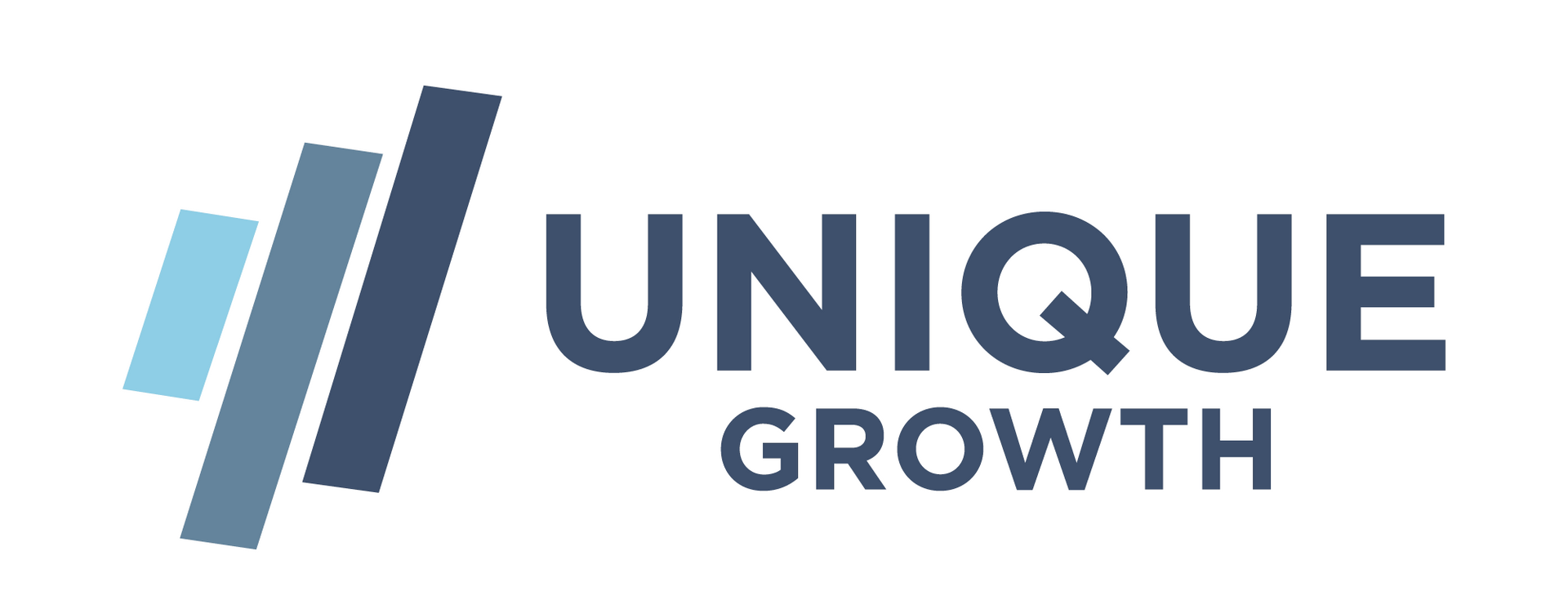Small Business 401K Options That Could Transform Your Business
As a small business owner, you may feel overwhelmed by the thought of offering a retirement plan to your employees. Traditional 401K plans might seem too expensive or complicated, but what if there were unique options tailored specifically for businesses like yours? These alternatives not only offer flexibility and tax benefits but also have the potential to significantly enhance employee retention and satisfaction.
What Are the Best 401K Options for Small Businesses? Here’s What You Must Know
When exploring 401K options, it’s crucial to understand both the benefits and potential drawbacks. Below, we break down some of the most effective 401K plans designed for small businesses, helping you make an informed decision.
1. Safe Harbor 401K Plans: Simplifying Compliance While Offering Immediate Rewards
Safe Harbor 401K plans are crafted to help small businesses bypass the complex IRS non-discrimination testing required for traditional 401K plans. By ensuring that all employees benefit fairly, these plans simplify administration while encouraging participation.
Advantages: One of the key benefits of Safe Harbor plans is the immediate vesting of employer contributions, making them highly attractive to employees. Additionally, these plans provide significant tax advantages, reducing the tax burden for both the employer and employees.
Disadvantages: The requirement for mandatory employer contributions can increase overall costs, particularly for very small businesses. While these contributions can help with retention, they may strain your budget during slower periods.
2. SIMPLE 401K Plans: Balancing Simplicity with Mandatory Contributions
SIMPLE (Savings Incentive Match Plan for Employees) 401K plans are designed for businesses with 100 or fewer employees. They strike a balance between offering valuable retirement benefits and keeping administration straightforward and affordable.
Advantages: SIMPLE 401K plans are easy to set up and manage, with lower administrative costs than traditional 401Ks. The mandatory employer contributions ensure that employees are consistently building their retirement savings, which can be a strong retention tool.
Disadvantages: The downside is that these plans have lower contribution limits compared to traditional 401Ks, which might not meet the needs of employees looking to maximize their retirement savings. Additionally, the obligation to make contributions regardless of business performance can be challenging for some employers.
3. Solo 401K Plans: Maximizing Savings for the Sole Proprietor
Solo 401K plans are tailored specifically for business owners without employees, except for a spouse. This plan allows you to act as both the employer and the employee, contributing more to your retirement fund than with other plans.
Advantages: The ability to contribute as both employer and employee gives you the potential to maximize your retirement savings each year. Solo 401Ks also offer loan provisions, allowing you to borrow against your savings in times of need.
Disadvantages: The biggest limitation of Solo 401Ks is that they’re only available to businesses without employees, which may not suit growing companies. If your business expands, you would need to transition to a different type of plan.
4. Pooled Employer Plans (PEPs): Lower Costs Through Collaboration
Pooled Employer Plans (PEPs) are a recent innovation that allows multiple small businesses to join together to offer a 401K plan. By pooling resources, businesses can reduce costs and administrative burdens while still providing robust retirement benefits.
Advantages: The main benefit of PEPs is the significant cost savings, as administrative duties and fees are shared among all participating businesses. This allows even the smallest businesses to offer a competitive retirement plan.
Disadvantages: However, PEPs may offer less customization than other plans, as they are designed to meet the needs of multiple employers simultaneously. There’s also the risk that if one business within the pool fails to meet its obligations, it could impact the entire plan.
5. Multiple Employer Plans (MEPs): Shared Benefits with Shared Responsibility
Multiple Employer Plans (MEPs) are similar to PEPs but have been around longer and come with a more established regulatory framework. MEPs allow small businesses to band together to provide retirement benefits, reducing individual costs and complexity.
Advantages: Like PEPs, MEPs offer cost-sharing benefits, making it easier for small businesses to provide a comprehensive retirement plan. The reduced complexity and shared administration also free up time and resources for business owners.
Disadvantages: The primary drawback is the shared liability among employers in the plan. If one business fails to comply with plan rules, it can affect the entire MEP, potentially exposing other businesses to financial risk.
Final Thoughts: Making the Right Choice for Your Business
Choosing the right 401K plan for your small business is not just about offering retirement benefits—it's about making a strategic decision that aligns with your financial goals and the needs of your employees. Consider the following logical steps:
Assess Your Budget: Determine how much your business can comfortably contribute to employee retirement plans without jeopardizing other financial obligations.
Evaluate Employee Needs: Consider the demographics and financial goals of your employees. For example, younger employees may prefer plans with higher growth potential, while older employees might value immediate vesting and security.
Weigh Administrative Complexity: If your business lacks the resources to manage a complex plan, simpler options like SIMPLE 401Ks or PEPs may be more suitable.
By carefully weighing these factors, you can select a 401K option that not only benefits your employees but also supports your business's long-term success. Remember, the right plan can serve as a powerful tool for employee retention and satisfaction, which in turn drives business growth.
How Unique Growth Can Help
At Unique Growth, we specialize in helping small businesses navigate the complexities of retirement planning. Our tailored approach ensures you choose a plan that meets your business's unique needs and budget, helping you to attract and retain top talent. To learn more about how we can assist you, visit us at www.uniquegrowth.org.










